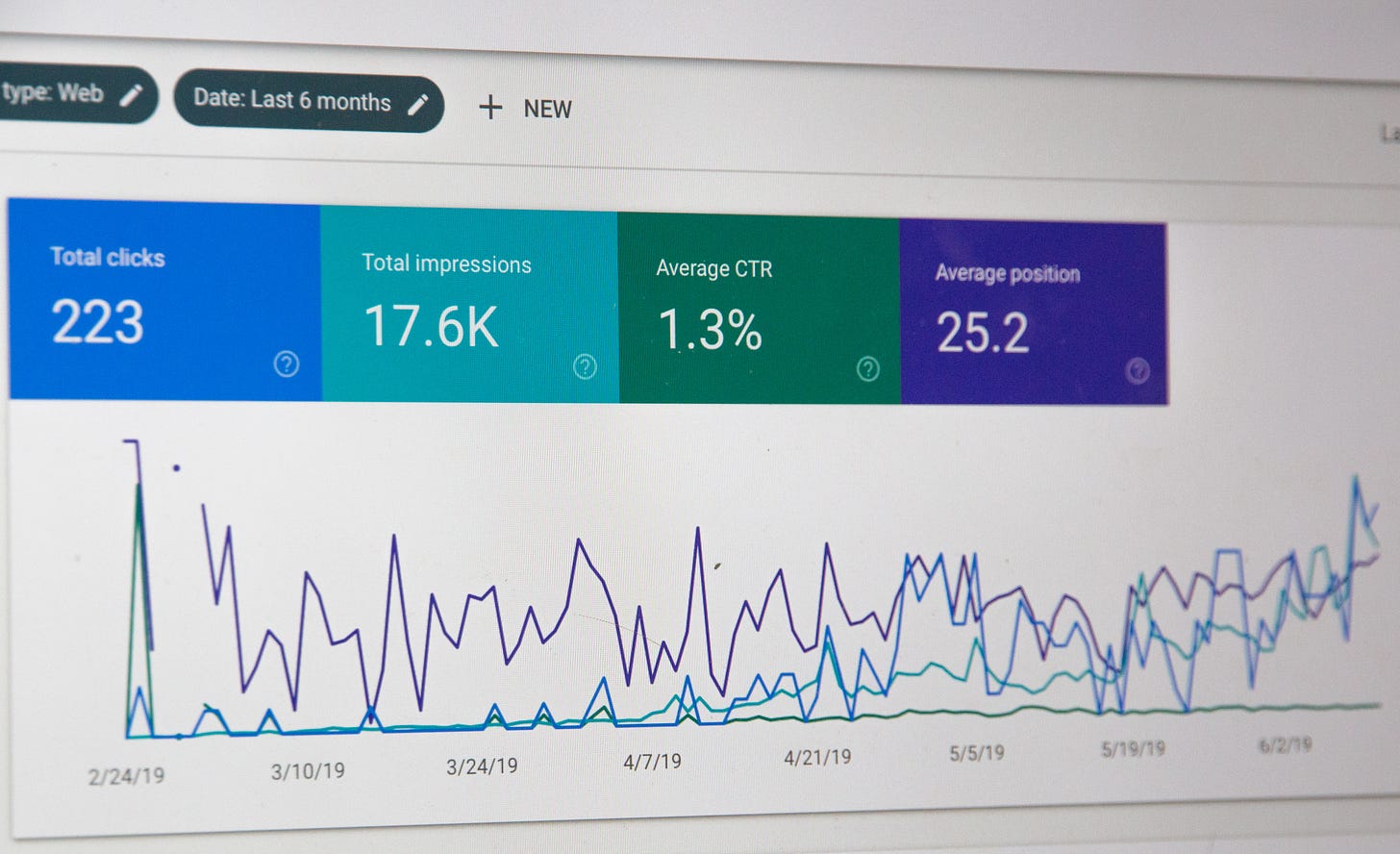One question I have frequently been receiving recently is how to properly organize a hackathon. Having spent 5 years close to hackathons now, having started as a Sponsorship Coordinator at my college department’s hackathon, organizing the largest independent student-led hackathon in India, and going on to supporting hackers across the globe with MLH and Appwrite, I can safely say that hackathon organizing is an art of its own. Therefore, in this issue, I will share a roadmap to properly plan and execute a hackathon for your community.
A Hackathon Organizer’s Journey 🛣️
In my experience, there are 6 major milestones in the journey of organizing a hackathon successfully:
Team Building
Timeline Planning
Budgeting and Sponsorship
Marketing
Hackathon Experience
Post-Event Logistics
These steps take place in a chronological manner, and while some of these activities may occur in parallel, it is important to ensure this order is followed.
Team Building
Building a team is the first step to organizing a good hackathon. Ideally, you should build a diversified team to cover various roles relevant to all the different aspects of the hackathon. Here are those roles:
Tech (Web Developer)
Content Writing
Graphic Designer
Community Manager
Sponsorship
Marketing and Outreach
It is important that you maintain a system of respect and ensure that everyone has an equal voice throughout this process. This is the best way to ensure everyone takes ownership and accountability of the hackathon. One major enabler of this is the maintenance of a formally structured system of communication. Having a structure can save you a lot of time and immensely drive productivity across the team too!
Important Note
It’s alright to work with friends, but that should not be the primary criterion to have folks on your team!
Timeline Planning
Hackathons are not easy to plan and take a little while to form. So make sure you give yourself substantial time to execute and not rush the process.
A Safe Organizing Time Period: 4 - 5 months

On that note, you can structure your plan as much as possible using these steps:
Breakdown your upcoming tasks into smaller parts
Allocate time for each subpart of a task
Follow these individual timelines properly
If you’re organizing your hackathon as a student at an academic institution, try not to clash with major academic key points like exams as well. This will prevent people from participating in your hackathon due to circumstantial occupancies.
Budgeting and Sponsorship
Budgeting:
When we talk about budgeting for your hackathon, you should put all possible costs on paper (and not start calculating costs in your mind). It is especially easy to miss out on possible cost-creating factors otherwise. This helps you understand and respect your limitations, and you can plan your hackathon accordingly. And always keep an emergency amount!
Here are the necessary components to plan for a hackathon’s budget:
Tooling: conferencing tools, livestreaming tools, communication platform, web hosting
Swags: stickers, t-shirts, other miscellaneous items
Prizes: monetary and physical gifts
Shipping: local postal services
Emergency Budget: monetary
Besides these, there are some components specific to in-person hackathons:
Venue: schools/universities, co-working spaces, or any other external location with proper rooms, working spaces, washrooms, and security
Bedding: mattresses, pillows, and quilts
Food: meals, snacks, coffee/tea, energy drinks
Miscellaneous Tools: extension power boards, backup Wi-fi, etc.
Sponsorship:
While reaching out to different companies for sponsorship, individually decide what support you need from each sponsor (monetary or in-kind) and personalize your pitches accordingly. In general, only about 20% of the sponsors get confirmed (and this can be even lower in the current down market), so pitch as much as you can! The best way to capture a sponsor is by quantifying the potential impact you can generate for the prospective sponsor to showcase their potential Return On Investment. Sponsorship is no less than sales, so sell away in as pragmatic and logical a manner as possible!
Very Important Note
Compromise where you can…and where you can’t, don’t!
I have a recommended flow to create a convincing sponsorship deck too:
About The Hackathon: what your hackathon is about
Aim To Accomplish: the purpose of your hackathon
Prospective Metrics: expected number of participants, projects, and, if possible, a comparison with past editions’ metrics
Sponsorship Tiers: levels of investment with their perks and other details
Call To Action: what the prospective details can do next
Contact Details: ways to reach your team
Marketing
In order to ensure you generate the necessary awareness to scale your hackathon, you need to create a proper marketing strategy. Here are some ways to market your hackathon:
Have an active social media presence.
Create a proper website for better visibility.
Use a well-established hackathon platform. Devpost, HackerEarth, and Devfolio have active participant bases, which can be especially beneficial for organizers.
Partner with communities and university clubs and societies.
Cross-promote with sponsors (their brand validates yours).
Create volunteer opportunities for your participants and community members to evangelise your event.

A good hackathon website with proper SEO can substantially improve your reach and make your hackathon accessible to a widespread audience. Here are the important components of a good hackathon website:
Dates
Registration and Community Link
About Hackathon
Speakers
Sponsors
Schedule
FAQ
Team (can be a separate page)
Contact Details
Hackathon Experience
Hackathon experience has two major components:
Pre-Hackathon: speaker sessions, hacker hangouts, etc.
Day-Of-Hackathon: hackathon, mini-events, mentorship, judging
One constant through both is that you should keep constant communication with participants and community members via your community platform and email. Here are some tools I recommend for both:
Community Platforms: Discord, Slack, Microsoft Teams, etc.
Emailing Tools: SendGrid, Mailchimp, etc.
Pre-Hackathon Experience
Pre-hackathon activities are extremely important to build and maintain engagement. Here are some ways you can create a good quality pre-hackathon experience that lets you engage with your registrants:
Plan live sessions and interactions on a diversified set of topics
Use easily accessible platforms such as YouTube and Twitch for livestreams and Zoom or Google Meet for e-meetings/conferencing
Hold periodic community meetups and hangouts
Open your registration form well in-time
Track metrics continuously to understand the impact of activities
Have a feedback form open so you can understand the reception of activities
Day-Of-Hackathon Experience
Of course, it is important to make sure that you create a great experience for your hackers on the day-of-hackathon. Here’s how you can do just that:
Keep a check-in form for active hackers
Ensure a safe and healthy environment (enforcing a Code of Conduct is an absolute must!)
Host fun mini-events to help hackers refresh
Encourage good eating and sleeping practices
Have open mentorship periods with hackathon mentors
Be mindful and communicative about the judging timeline
(and please do not rush it!)

Post-Event Logistics
Even after the hackathon is over, your job as an organizer isn’t fulfilled. There is some post-event logistical work that is yet to be done to
complete any fulfillments, and
compile your metrics for future editions of your hackathon.
The first task is to run a feedback form through all the participants to understand what you did right and wrong. Next, you need to reach out and maintain communication with the winners about their prizes. Once you have collected and verified their details, transfer their monetary prizes timely. Ensure you obtain the swags from the pre-decided vendors (this can be done earlier in case of an in-person hackathon). Make sure to work with the pre-decided fulfillment service for the shipment of swags and prizes. And quantify and document all participation metrics for the future.
Taking Your Hackathon Forward 🤝
In all honesty, organizing a hackathon is, by no means, an easy journey. It has many hardships and sacrifices, but a good hackathon can enable lots of folks to get their start and progress in tech. There are very few other kind of initiatives that generate such a massive impact. Much of the knowledge I’ve shared above comes from my experiences as a hackathon organizer. I sincerely hope this context will help you grow as an organizer and create a valuable and beneficial experience for your community.








Great read